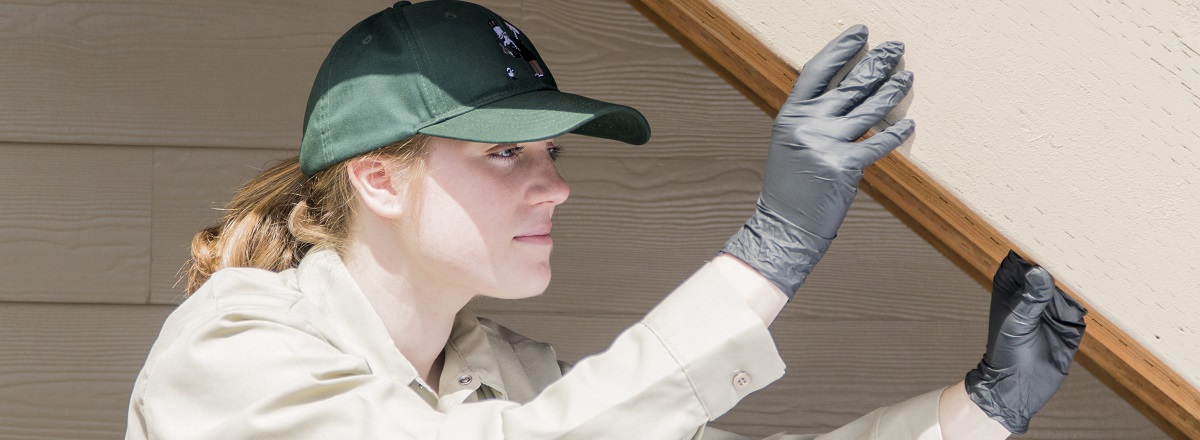If you’re a Kuala Lumpur hotel owner, it’s important to make sure that your property is pest-free. Unfortunately, many hotel owners make common mistakes that can lead to an infestation. In this blog post, we will discuss some of the most common pest control mistakes that hotel owners make and how to avoid them.
1. Not scheduling regular pest control inspections
One of the most common pest control mistakes that hotel owners in Kuala Lumpur make is not scheduling regular pest control inspections. Pest infestations can cause a lot of damage to your property, and they can also be a health hazard for your guests.
By not scheduling regular inspections, you’re putting your hotel at risk for an infestation. Inspections should be conducted at least once a month, and more often if you have a high risk of pests. If you do find an infestation, it’s important to take immediate action to get rid of the pests and prevent them from coming back.

2. Not using a professional pest control service
Many hotel owners in Kuala Lumpur make the mistake of not using a professional pest control service. Although they may save money in the short term, this can lead to serious problems in the long run. Pests can cause extensive damage to property and furniture, and they can also spread diseases to guests.
In addition, pests can be extremely difficult to eliminate once they become established, so it is important to take action as soon as possible. By contrast, professional pest control services have the expertise and tools necessary to effectively eliminate pests from any premises. In addition, most companies offer a guarantee on their work, so hotel owners can be assured that their property will be free from pests.
3. Not following up on pest control treatments
Treating pests is only part of the battle when it comes to keeping your hotel pest-free. You also need to make sure that you follow up on treatments to ensure that the pests are actually gone. Unfortunately, this is a step that many hotel owners in Kuala Lumpur fail to take, and it can have disastrous consequences.
For example, if you don’t follow up on treatments for cockroaches, they will quickly come back and infest your hotel again. This can lead to lost business, as word spreads about your hotel’s cockroach problem. In addition, failing to follow up on treatments can also lead to the development of resistance in pests, making them more difficult to control in the future.
As a result, it is essential to make sure that you always follow up on pest control treatments to ensure that they are effective.
4. Not being proactive in identifying and addressing pest problems
Kuala Lumpur hotel owners often make the mistake of not being proactive in identifying and addressing pest problems.Pests can cause a great deal of damage to a hotel, costing thousands of dollars in repairs and lost business. In addition, pests can be a health hazard for guests, leading to illnesses and even death. As a result, it is essential for hotels to have an effective pest control plan in place.
Unfortunately, many hotels do not take pest control seriously until they are already dealing with a infestation. By that point, it is often too late to control the problem. As a result, hotel owners must be vigilant in inspecting their property for signs of pests and taking action immediately if any are found. Only by being proactive can Kuala Lumpur hotel owners hope to avoid the costly and dangerous consequences of a pest infestation.
Conclusion
Pest control is an important part of running a hotel, but it is often overlooked by Kuala Lumpur hotel owners. This can lead to serious problems, such as infestations, damage to property, and even illnesses in guests. To avoid these problems, it is essential to schedule regular pest control inspections, use a professional pest control service, and follow up on treatments. In addition, hotel owners must be proactive in identifying and addressing pest problems to prevent them from becoming serious. By taking these steps, Kuala Lumpur hotel owners can protect their property and guests from the dangers of pests.
